
Parenting is like dancing in the rain, sometimes you stumble, sometimes you twirl, but every step is part of the rhythm of love. Yet, in a world that never stops buzzing with demands, you might wonder: Is true happiness even possible?
The answer is yes but it starts with you.
Not with a perfect schedule, not with endless sacrifices, but with a shift in perspective. Because happiness isn’t something that happens to you, it’s something you cultivate.
In this guide, we’ll explore how to nurture joy, deepen connections, and find balance, not as distant ideals, but as daily practices. Together, we’ll rewrite the script of your family life, one mindful moment at a time.

The Two Paths: Culture of Having Vs Being
We live in a world that shouts: More! Faster! Bigger! It’s a culture of having, where worth is measured in possessions, achievements, and external validation. But beneath the noise, there’s a quieter, richer way: the culture of being. The culture of being should be chosen for nurturing in ourselves and our children.
The Hollow Chase of Having
This culture includes:
- Materialism: This culture is often associated with consumerism and the pursuit of external possessions i.e. the endless hunger for the next shiny thing, the bigger house, the better title.
- External Validation: Basing our worth on likes, praise, and comparisons.
- Temporary Highs: The shortt-term satisfaction derived from the acquisition of material possessions fades leaving craving the next fix.

The Deep Roots of Being
This culture includes:
- Self-Discovery: This culture places importance on self-discovery, personal growth, and the development of inner qualities. This invloves slowing down to ask, Who am I beneath all the roles I play?
- Intrinsic Values: It emphasizes values including authenticity, mindfulness, compassion, and a sense of purpose, focusing on qualities that contribute to a meaningful and fulfilling life. These values help you in finding fulfillment in presence, gratitude and simple moments.
- Lasting Fulfillment: The long-term happiness gained from self-discovery and personal growth doesn’t vanish when circumstances shift.
The “culture of being” aligns with various philosophical and spiritual traditions that emphasize inner peace, mindfulness, and a deeper understanding of yourself. Practices such as meditation, reflection, and mindfulness are often associated with this culture, as they encourage you to be present and attuned to your inner experiences.
These two cultures are not mutually exclusive, and will require you to navigate a balance between them based on your personal values, experiences, and cultural context.
The “culture of being” isn’t about rejecting success or comfort, it’s about anchoring ourselves in what truly nourishes the soul.
It’s the difference between a life that looks impressive and one that feels alive.
5 Secrets to Happiness and Balance

Own Your Happiness (Because No One Else Can)
Marriage does not bequeath happiness. Your joy isn’t hiding in your child’s grades, your partner’s affection, or your bank account. It’s an inside job.
You need to commit to bringing happiness into your life independently of people and external circumstances. You have to take personal responsibility for everything that makes you happy. You have the power to shape your well-being and have the right to actively pay attention to and notice what makes you happy. To achieve this:
- Shift your Mindset: Adopting a mindset that prioritizes personal responsibility for happiness can empower individuals to navigate life’s challenges with resilience. It involves a conscious decision to focus on the positive aspects of life and actively seek joy. Choose to see life through the lens of gratitude, not lack.
- Take the Reins: You need to have a strong internal locus of control where you believe that you can influence outcomes through your actions. Your actions shape your days, not luck or others.
- Nurture Yourself: By actively nurturing your own happiness, you build a more stable and resilient foundation for well-being, one that doesn’t crumble when external circumstances shift. Your path to lasting happiness begins within, with personal growth, self-discovery, and emotional independence. This might mean building healthier coping strategies, practicing gratitude, nurturing joy-filled habits, and creating space for positive relationships.
- Rethink Where Your Happiness Comes From: While relationships and connection are deeply meaningful, placing the full weight of your happiness on someone else’s shoulders is a recipe for disappointment. The truth? No one can meet all your emotional needs but you. By learning to meet yourself with compassion, care, and presence, you not only reduce unrealistic expectations, you actually build stronger, more balanced relationships.
This doesn’t mean cutting yourself off from others. It means showing up to your relationships full, not empty. Happiness shared is powerful, but happiness sourced from within is unshakeable. Your joy is your responsibility. And that’s a beautiful kind of freedom.
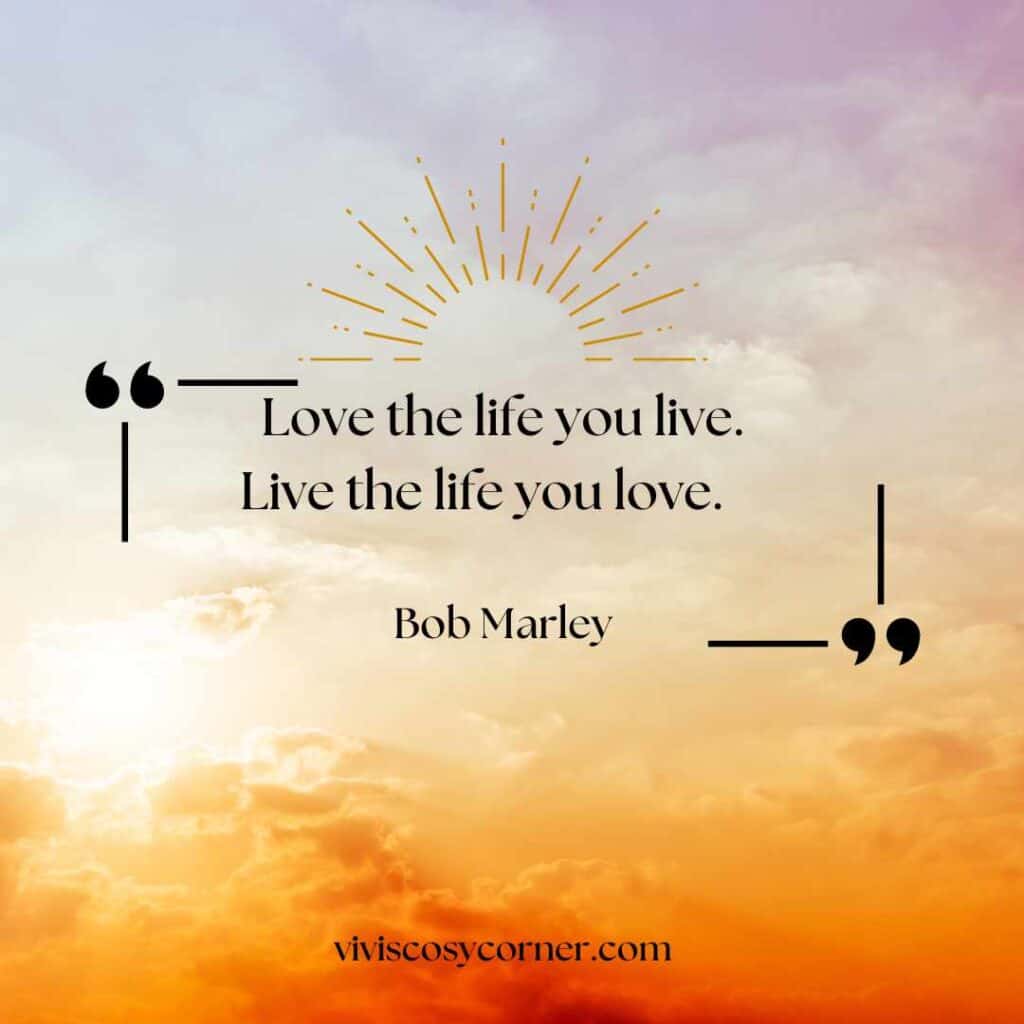
Rewrite Your Own Story (You’re The Author, After All)
What if your struggles weren’t setbacks but plot twists making you stronger?
Practice changing a perspective truth in your life. Rewrite the script of your life and change the story however you want. This empowering truth means that you have the agency to shape your life and narrative. You get to:
- Have a Sense of Ownership and Responsibility: for the direction your life takes. This helps you to make intentional choices, set goals, and take actions that contribute to the unfolding narrative of your life.
- Edit Freely: your stories in response to new experiences, challenges, setbacks, and opportunities which can be viewed as opportunities for character development, resilience, and personal growth. These make you flexible and adaptable as life is dynamic, and circumstances may change. Let go of old narratives like I’m not enough or This is just how it is.
- Embrace Growth: Through reflecting on your values, aspirations, and priorities, and to make aligned choices for a fulfilled and meaningful life. Developing a proactive approach to challenges with a dedicated focus on personal growth and development.
- Choose Empowerment: Embrace the creative aspect of shaping your own life. This openness to possibility can lead to discovering new passions, forming meaningful connections, and finding purpose. Your life isn’t happening to you, you’re creating it.
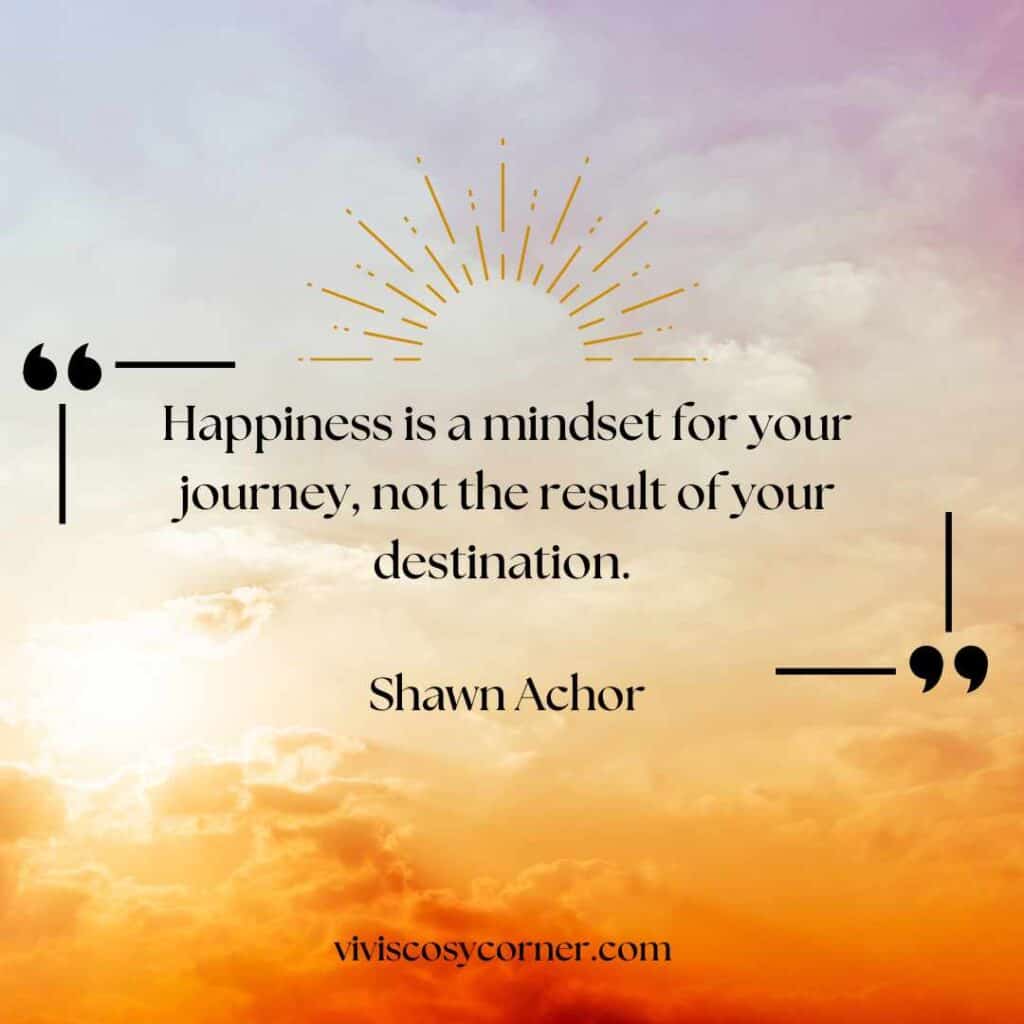
Enjoy The Journey (Not Just The Destination)
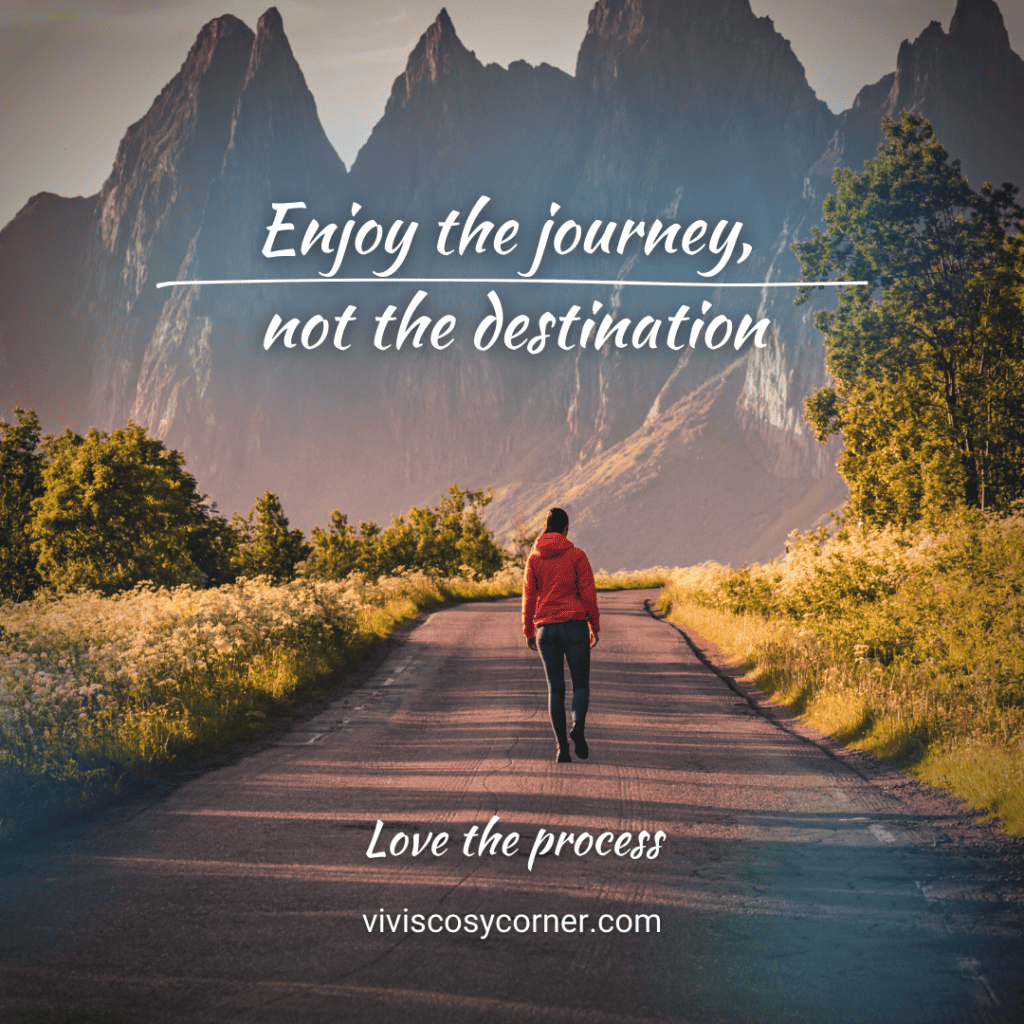
Parenting is a long, messy, beautiful road. The magic isn’t just at the milestones, it’s in the ordinary moments.
- Be Here Now: Put down the phone. Breathe in the chaos and joy of today.
- Celebrate Small Wins: Celebrating milestones, no matter how small, contributes to a positive and motivating experience. A shared laugh, a quiet hug, these are the real victories.
- Let Go of the Outcome: While goals give direction, becoming obsessed with the end result can rob you of the beauty unfolding along the way. Your path, full of lessons, detours, and growth, is where transformation happens. When you shift your focus from “getting there” to being here, you open yourself to unexpected joy, deeper self-awareness, and a more fulfilling experience overall. Aim high but don’t miss the magic of the moment you’re in.
- Progress Over Perfection: Embracing the process builds resilience and reminds us that setbacks are not failures, but lessons in disguise. While ambition drives us, true fulfillment comes from balancing forward motion with present-moment joy. Life unfolds moment by moment, and when we learn to value the path, not just the destination, we foster optimism, adaptability, and deeper well-being. Life isn’t a highlight reel. It’s the unscripted moments that matter most.
This mindset invites you to be present, find meaning in growth, and take joy in the moments that shape who you’re becoming. It’s a powerful shift toward a more mindful, fulfilling, and positive life.
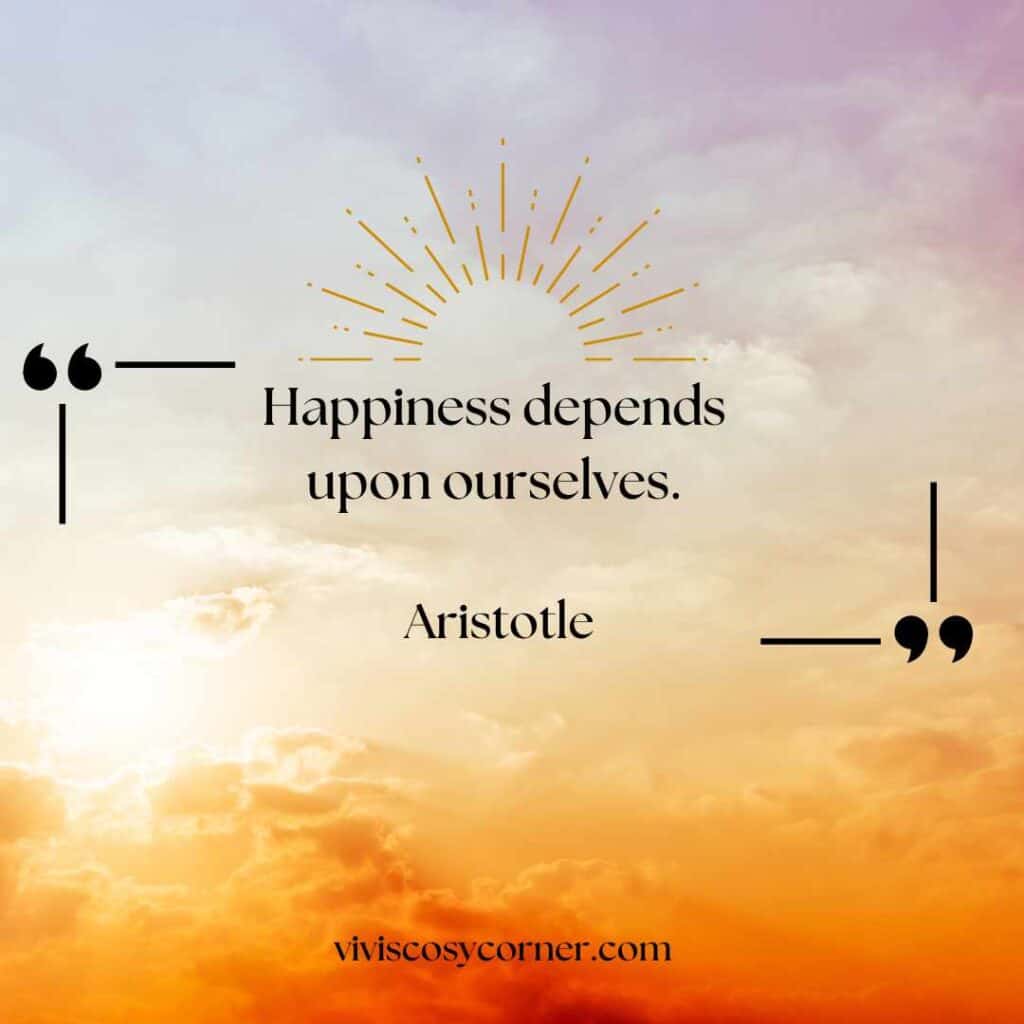
Make Relationships Count (They’re Your Legacy)
We weren’t built to journey through life alone. Relationships are the lifeblood of a meaningful, fulfilling life. You can’t truly thrive in isolation, connection is where purpose takes root.
Think of your life as a tapestry. Every relationship, with yourself, your loved ones, your community, is a thread woven into something greater. Pull one, and the whole fabric shifts.
When we invest intentionally in relationships, spiritual, personal, and communal, we lay the foundation for lasting success and emotional resilience. Meaningful relationships provide a crucial support system and contribute to a sense of belonging, purpose, and happiness.
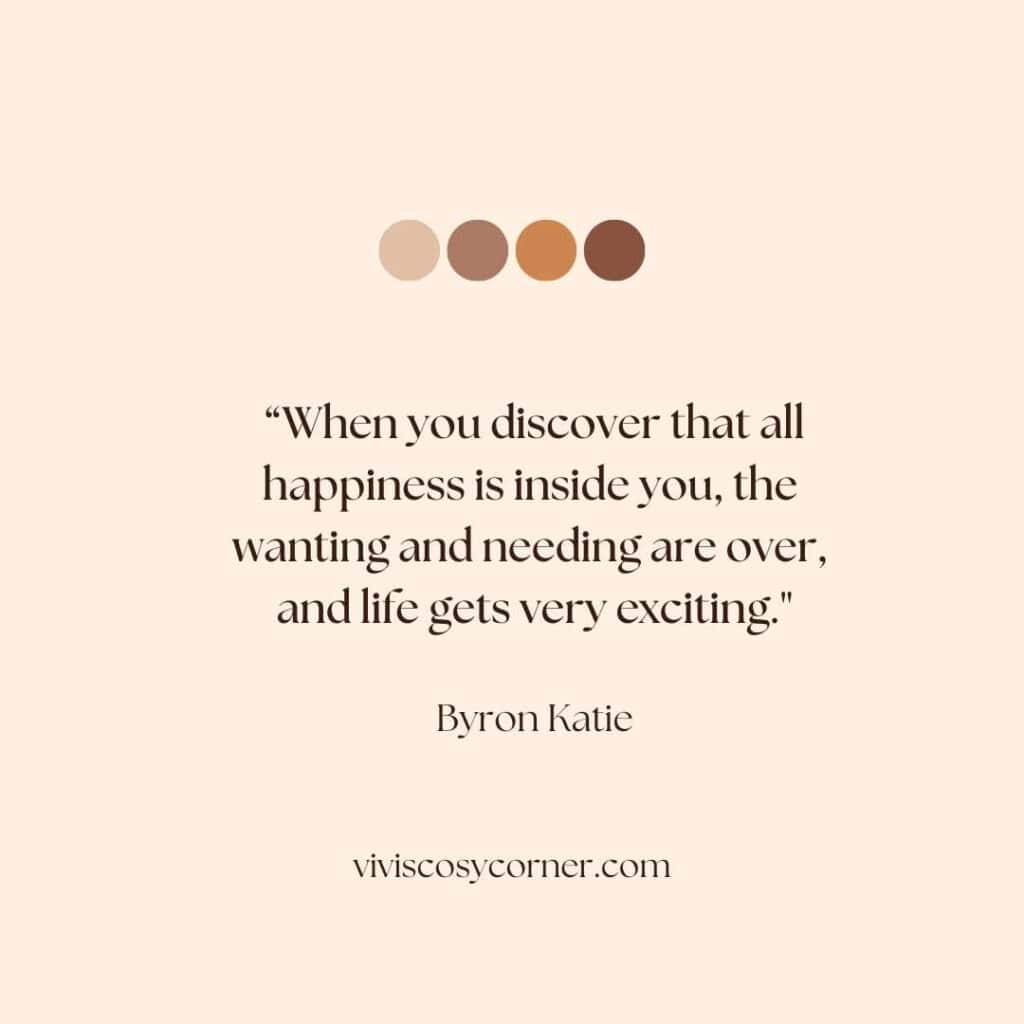
Relationships are your greatest investment because:
- They sustain you: Like roots to a tree, strong connections keep you grounded through life’s storms.
- They multiply joy: Happiness shared is happiness doubled.
- They outlast you: The love you pour into others becomes your eternal imprint on this world.
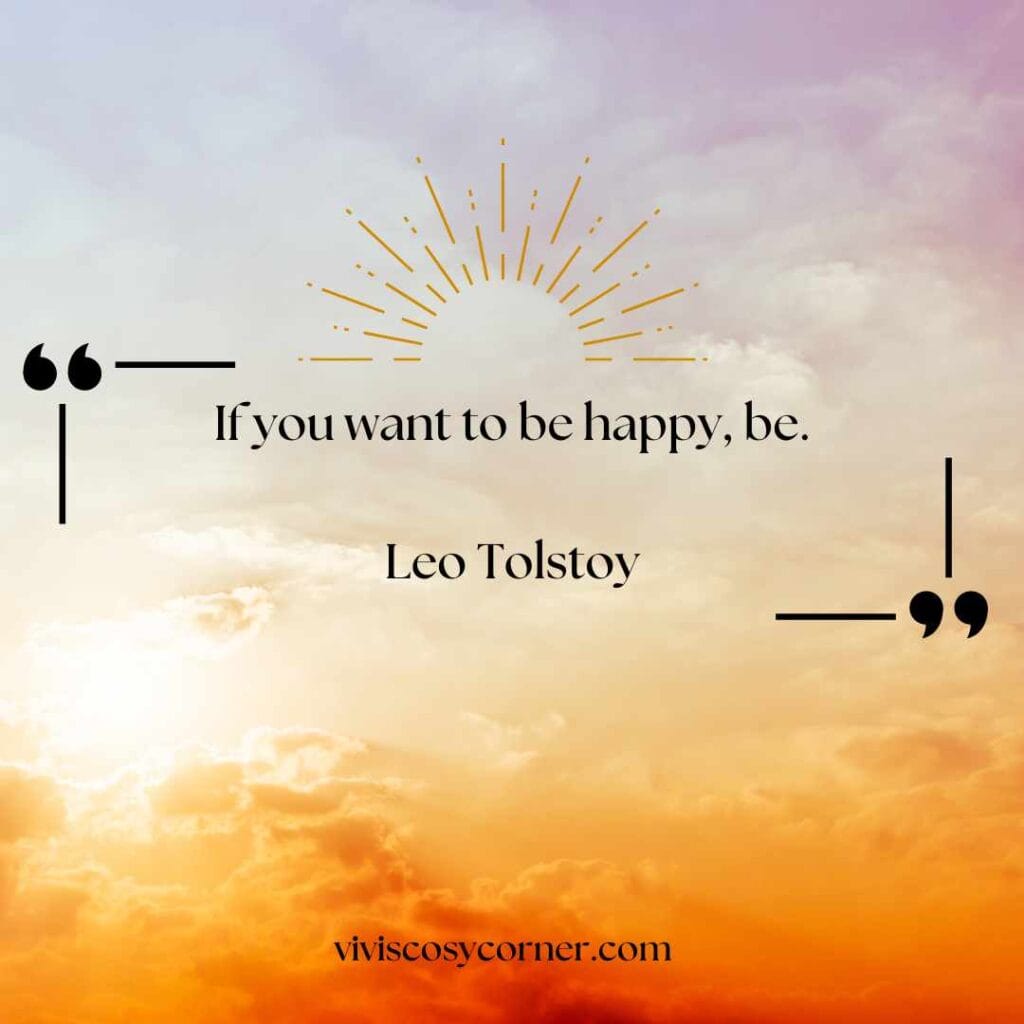
The 7 Pillars of Meaningful Connection
Various dimensions of our life relationships include:
- With the Divine (Your Anchor): For those who walk in faith, this relationship is the compass, guiding, steadying, reminding you of your purpose. Nurture it in stillness. Prayer, meditation, moments of awe, with a commitment to moral and ethical values. A holistic approach to relationships, including spiritual connections, contributes to overall well-being.
- With Yourself ( Your Foundation): You can’t pour from an empty cup. Self-love isn’t selfish, it’s survival. Self-awareness, self-care, and self-love are crucial components of personal well-being. Understanding yourself, addressing personal needs, and fostering a positive relationship with yourself provide a foundation for healthy interactions with others. Speak kindly to yourself. Rest without guilt. Honor your needs.
- With Your Partner ( Your Mirror): Love isn’t just a feeling, it’s a daily choice to show up, listen deeply, and grow together. A strong and positive relationship with a spouse or life partner is fundamental to personal and family well-being. Effective communication, mutual support, and shared goals contribute to a fulfilling partnership. The little things, a held hand, a knowing glance, build a lifetime of trust.
- With Your Children (Your Living Lessons): Parent-child relationships are vital for the emotional, social, and cognitive development of children. They won’t remember the toys. They’ll remember your presence, the bedtime stories, the kitchen songs and dances, the way you made them feel seen. Love them fiercely, but lightly, your grip must loosen as their wings grow stronger. Your love, guidance, and nurturing environment fosters a strong foundation for their growth.
- With Family (Your Roots): Family is your foundation, messy, imperfect, and deeply irreplaceable. It’s where your history lives and where your heart often returns. Through shared memories, traditions, and support during both joyful and challenging moments, family creates a sense of unity, stability, and identity. Whether it’s your immediate or extended circle, these bonds offer connection, continuity, and a haven you can always come home to. Celebrate the small rituals. Forgive often. Laugh loud. Because in the story of your life, family is the thread that holds it all together.
- With Friends (Your Chosen Family): True friends are the ones who see you clearly, no filters, no pretending. They offer companionship, laughter, and unwavering support through life’s highs and lows. Rooted in shared values and mutual trust, these soul-deep connections strengthen your emotional well-being and remind you that you’re never alone. Time or distance may stretch the bond, but real friendship bends without breaking.
- With the World (Your Ripple Effect): Every smile, every kind gesture, ripples further than you’ll ever know. Your interactions, both personal and professional, can build bridges, foster community, and open doors for growth. Whether through networking, collaboration, or simple compassion, your relationships shape a more connected, supportive world. In lifting others, you rise too.

Living a rich, meaningful life starts with intentionally nurturing the relationships that matter most, your connection with God, yourself, your family, and your wider community. Each one requires time, care, and understanding. Strong relationships are built not on perfection, but on presence, through honest communication, empathy, and the willingness to grow through challenge. When you invest in these bonds, you don’t just enrich your own life, you build the foundations for resilience, shared purpose, and collective progress. In the end, relationships aren’t just part of the journey, they are the journey.
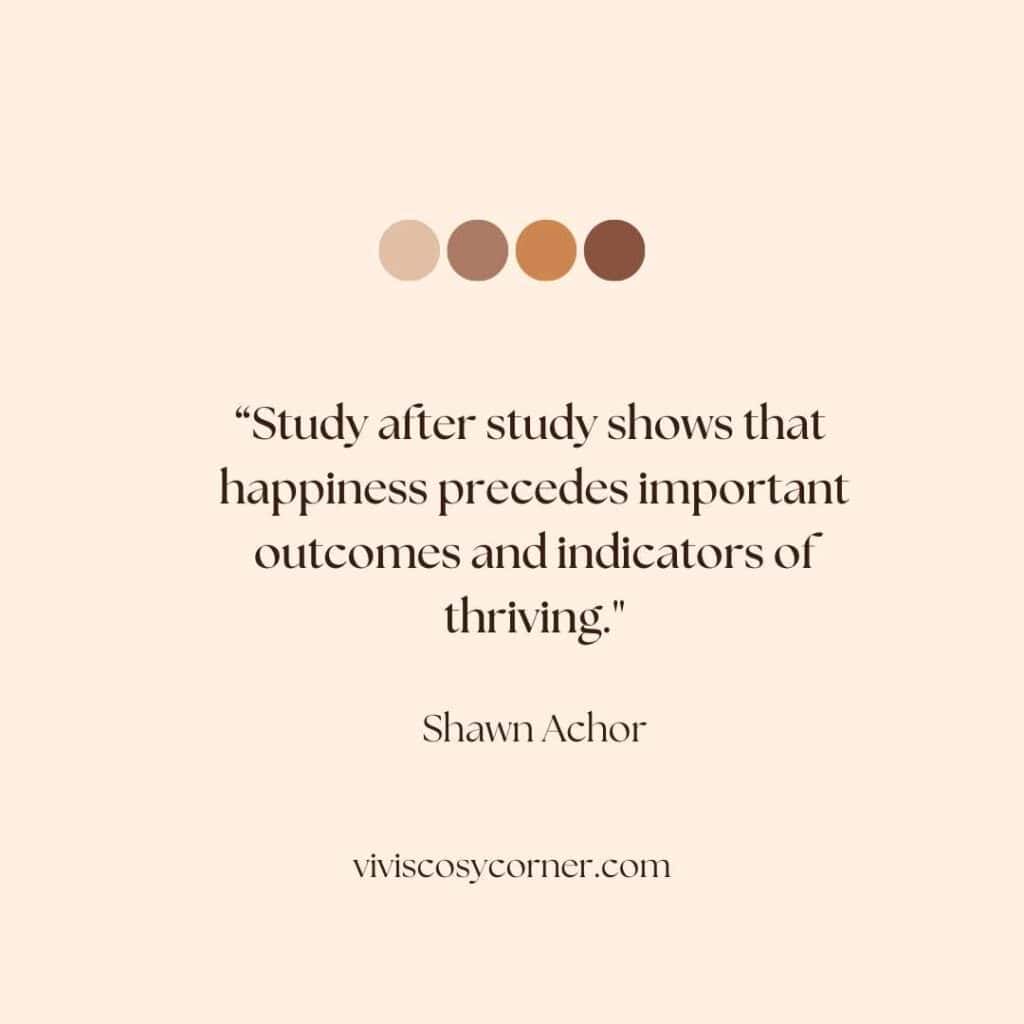
Balance Work With Play (Because Childhood is Fleeting)

Parenting isn’t just about providing, it’s about planting. Planting values, curiosity, resilience, and connection that will take root long after childhood fades.
When we balance work with presence, structure with play, and guidance with listening, we give our children more than material support, we give them memories that shape identity and lessons that outlast trends.
Play is more than fun; it’s how children learn to solve problems, express emotion, and build confidence. Shared moments of joy build trust and foster emotional security, giving kids a strong sense of self.
But children don’t just grow from what we teach, they grow from what we model. When we lead with balance, character, and presence, we raise children who value both achievement and empathy, creativity and integrity.
What we leave in them matters more than what we leave to them. In the end, it’s the laughter, life lessons, and love that echo the loudest.

The Legacy of Joy: Why Balanced Parenting Shapes Brighter Futures
In the whirlwind of parenting, balance isn’t a luxury, it’s a legacy. True happiness comes not just from providing, but from being present.
When you make space for both purpose and play, you create more than memories, you shape character.
Because the most powerful gift you give your children isn’t material, it’s the values, connection, and joy you model daily.
Which of the 5 Secrets to Happiness and Balance spoke to you most?
What’s one step you’re taking to bring more balance into your parenting? I’d love to hear your reflections in the comments below.
Thank you for being a VCC reader!


